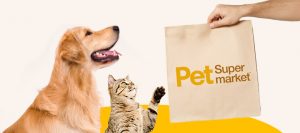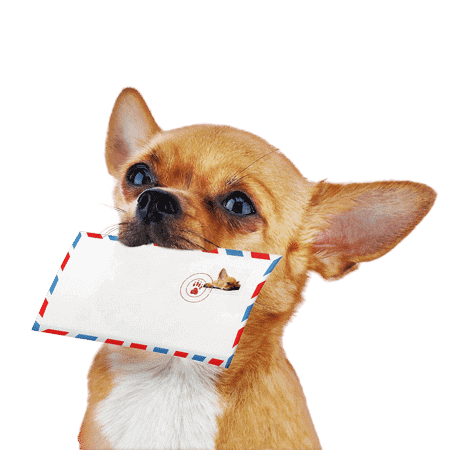Your dog systematically licks your cutaneous wounds. For what reasons does it have this behaviour? And should he let it do?
A question of affection or taste.
You have undergone a peel or a small break, and your dog naturally started licking your wound?
His behaviour could be due in part to the affection he wears. Just like your dog’s mother licked her puppy’s wounds, your dog will try to take care of you by reproducing the maternal protective behaviour. This is an instinctive response in animals than to lick wounds in order to “Clean” The wounded area.
The other hypothesis would also be due to the fact that it would exist in the liquid flowing from your injury, a taste that you would like your dog and who would simply encourage him to lick your wound.
Does dog saliva have the power to treat wounds?
The mechanical action of the licking helps eliminate the debris of the wound area while cleaning it, and it is true that the canine saliva contains compounds that could theoretically contribute to disinfect and clean the wounds. Among these compounds, lysozyme and peroxidase are enzymes contained in the saliva of dogs that would have natural antibacterial power.
But the antibacterial power of these compounds does not make the weight facing the multitude of germs that the oral cavity of the dogs contains, which are more able to cause an infection. Among these germs, we can find Capnocytophaga Canimors. It is a bacterium commonly present in the flora of the mouth of dogs likely to cause very serious and dazzling septicemia and which has already been at the origin of amputations or even death in humans.
To read too: a man amputated urgently after being licked by a dog
Faced with these risks, you will have understood it, and It is therefore advisable not to leave your dog licking your wounds.
This advice is also valid for dogs that lick their own injuries. Getting done, they risk tearing potential stitches or reopening closed wounds. By licking, they can introduce bacteria into the deep layers of the skin, which can considerably delay the healing of the wound and, in the worst case, lead to an abscess or more generalized infections.



